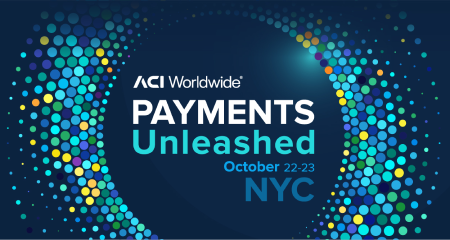Understanding the scale and source of global fraud is vital if the industry is going to tackle it. Yet getting a handle on what is really taking place is a challenge. Every country seems to have a different way of measuring fraud, and each organisation within those countries often provides statistics that are not consistent with each other. Is there a case for standardising fraud reporting?
There is a case for implementing some form of fraud reporting standard; however I think this would be difficult to legislate in a highly competitive environment. Fraud statistics are easy to manipulate and to implement a standard that all institutions would or could adhere to would be problematic. However one of the key aspects in any reporting standardisation would be declined transactions – card schemes can identify an organisations fraud from approved transactions as they are reported as such. Declined transactions may be fraud or genuine but as no reporting is generated, the scale of a fraud problem cannot always be identified.
For their part, banks around the world are making significant investments in their fraud prevention tools and people, using many different techniques to try to identify any suspicious activity and stop fraud as soon as they can. This is clearly having an impact, but is the return on investment measuring the net result?
From Nationwide’s POV absolutely. We don’t have the level of funding of some of the larger institutions and our fraud prevention strategy is consequently very measured and possibly more risk averse than some other issuers, but this has worked well for us. Undoubtedly there has been major investment from some organisations that has added benefit to others and may as yet not have generated a ROI for that particular organisation. However there needs to be consideration of the bigger picture – whilst the headline figures are the fraud savings, there are internal costings, reputational impacts and monitoring programme penalties that can all add to the overall return on any fraud detection investment.
Identifying fraudulent transactions whilst balancing customer service is an important driver banks face today when making these decisions – how does an organisation find this balance?
Certainly pre PSD, different organisations had different views with regards to achieving the balance of fraud prevention whilst providing a good customer service. Whilst Nationwide has worked hard in this regard and implemented strategies that allow aggressive targeting of fraud whilst ensuring minimal genuine customer impact, the goalposts have now moved for us internally and one of the key drivers is ensuring genuine customers are treated fairly and inconvenienced as little as possible. PSD has forced institutions to reconsider their fraud strategies and it’s only with investment and the development of more sophisticated systems and processes that organisations are able to provide a balance that adheres to regulations but still functions effectively.
CyberCrime and account takeover are just two recognised growing threats that potentially compound a bank’s ability to make accurate pay/ no pay decisions today and in the future. In having to police this amount of transaction data in the face of significant growth and increasing threats – do financial institutions still have a true overview?
In some areas yes; others, less so. Account Takeover and card present fraud are reasonably well controlled – the bigger problems are around CNP, mobile banking, e-wallets etc. The level of control available to issuers in some of these areas is decreasing as technology develops whilst the liability is increasing. Consumer demand will ensure that new technologies within the payments industry will continue to move forward, so the regulation that surrounds these developments must be balanced if organisations are to maintain effective, workable fraud strategies.
Is there a way to analyse vast quantities of information but also provide predictions relating to data that is constantly changing?
I think most of the big players in the analytical/profiling world would say yes. Although there do seem to be significant variations in what some of those predications may be!




